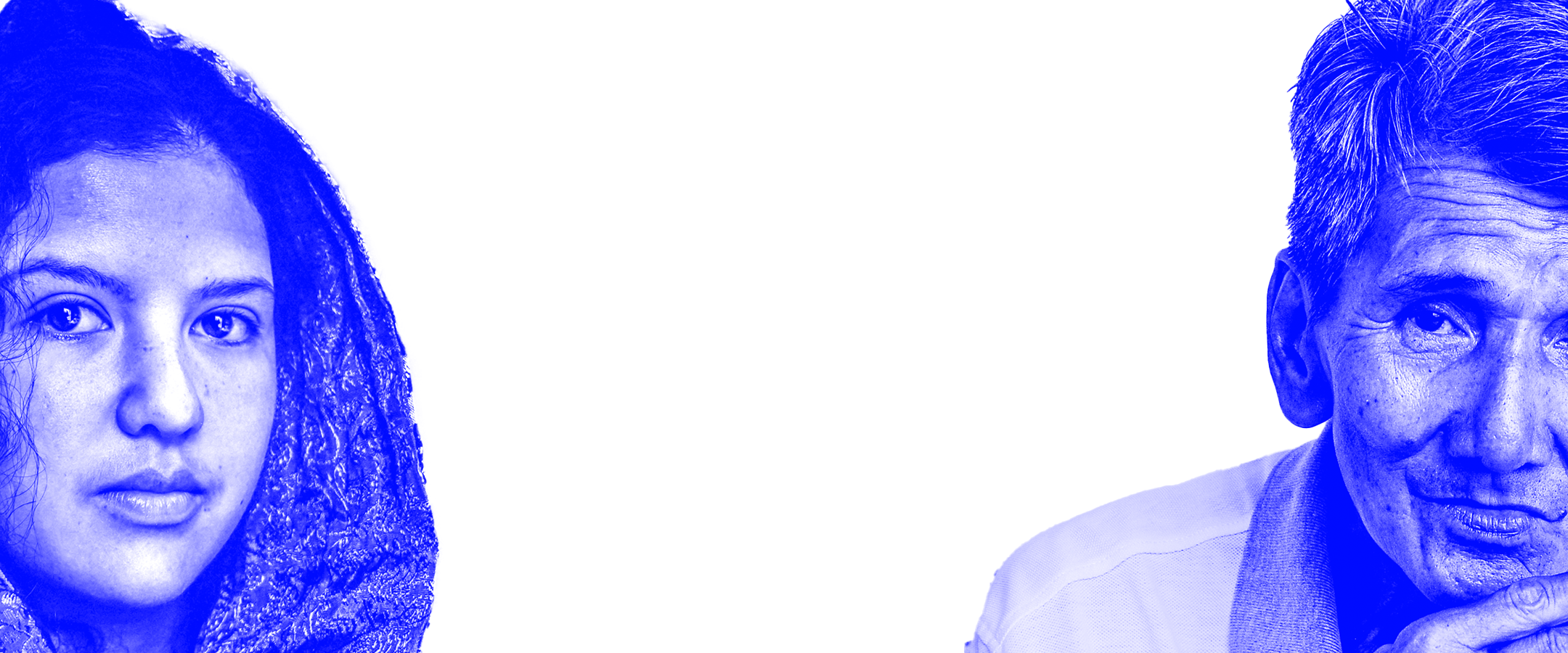And guess what? We all have a role to play in this.
Governments, civil society organizations, academics, businesses, and individuals—everyone can help enforce policies, provide education, and foster intergenerational connections.
By fighting stereotypes, prejudice, and discrimination, we can boost economic development, tap into intergenerational knowledge, and create a fairer, healthier, and happier world for all ages.
Let's make it happen!








